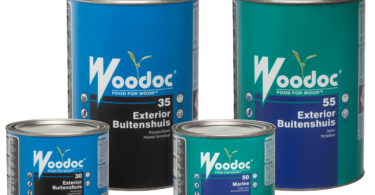You don’t have to use a lot of water to make your garden beautiful. Here are some smart techniques for responsible water usage.
In the hydrozone
Hydrozones are a game-changer when it comes to efficient gardening. By grouping plants based on their water requirements, we can tailor our watering practices to meet their specific needs. Whether in garden beds or containers, arranging plants with similar water needs together allows us to provide adequate hydration without wasting resources. For instance, high-water-usage plants can be placed in one hydrozone, while those with low water requirements can form another group.
This arrangement offers numerous benefits:
- Optimizes water usage.
- Promotes healthy growth.
- Minimizes water stress on plants.

Improve your soil
Plant health starts with soil health, and good soil also helps to save water. Prepare your soil well before planting by adding organic matter in the form of compost or rotted manure, as well as bone meal or superphosphate for strong roots, and a slow-release organic fertilizer. Vermiculite is also a good option if you need to increase the soil’s water-holding capacity.
By doing this, you will:
- Create strong roots for more efficient water absorption.
- Reduce water runoff.
- Increase water-holding capacity.
- Grow healthier plants.

Water at the right time
We all know that we need to water our gardens, but many of us choose to water at the wrong times. By understanding the best times to water, we can ensure our plants’ well-being while minimizing water wastage.
It is generally recommended to water gardens in the early morning to allow plants to absorb moisture before the heat of the day sets in. However, it’s essential to monitor soil moisture regularly and adjust watering frequency based on specific plant needs. During hot summer months, additional watering in the evening might be necessary to help your plants recover overnight.
Watering at the right time offers several advantages:
- Minimizes water evaporation.
- Helps prevent fungal diseases.
- Helps plants efficiently absorb water.

Much more mulching
Mulching is an effective technique that not only enhances the aesthetic appeal of our gardens but also plays a vital role in water conservation. By applying a layer of organic or inorganic material, such as bark chips, straw, compost, stones, gravel, nut shells, or leaves, on the soil’s surface (and leaving no bare soil visible), we create a protective covering with multiple benefits:
- Regulates soil temperature.
- Improves soil fertility.
- Suppresses weed growth.
- Conserves moisture.
- Reduces water runoff.

Use polymer crystals
Innovative polymer crystals, also known as water-absorbing crystals or hydrogels, have made it much easier to garden without wasting water. These small granules have a remarkable ability to absorb and retain large amounts of water and then release it to plant roots, offering several advantages:
- Reduced watering frequency.
- Healthier, more resilient plant growth.
- Thriving plants even in challenging conditions.
- More water-wise container gardens and hanging baskets.
- Improved water-holding capacity of poor soils.
For more information, visit www.lifeisagarden.co.za










Leave a Comment